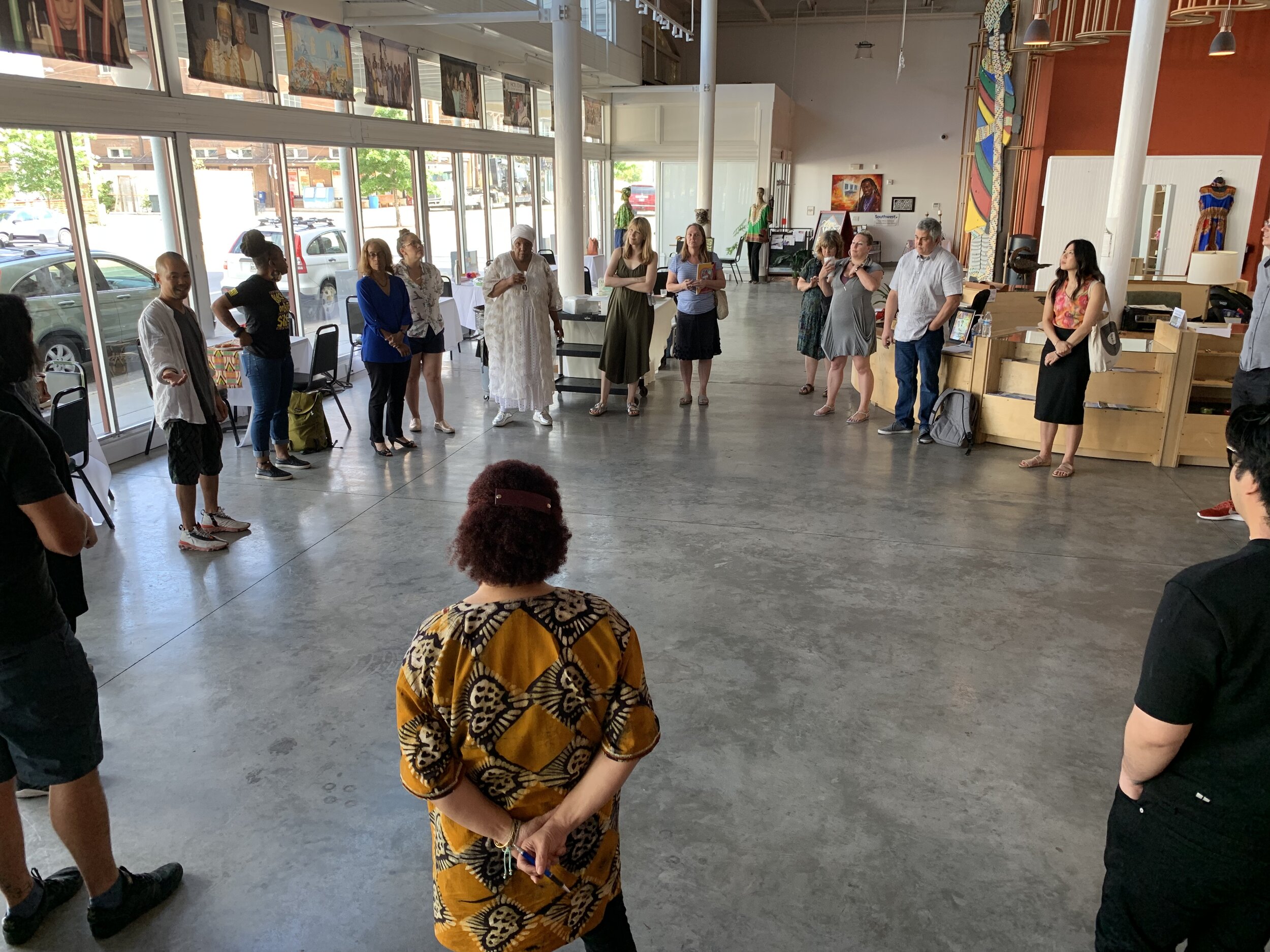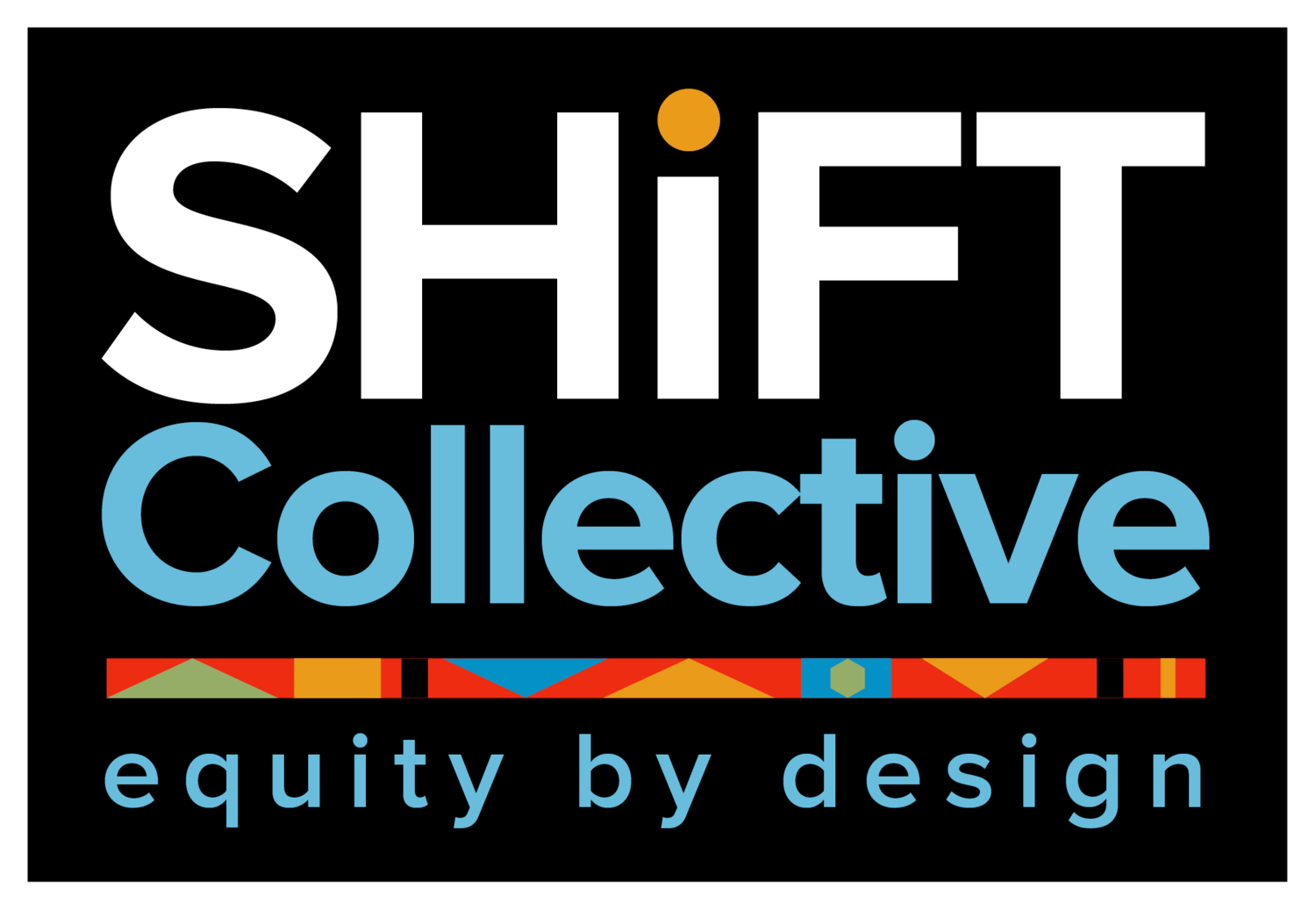
Research Opportunity:
Historypin Community-Based Archives Partners
We’re inviting five community-based archive partners to create 10 digital collections each, helping us to evaluate how likely they would be to use a version of Historypin with a long-term preservation option according to an ethical framework developed in a previous phase of research and their own organizational needs.
When: March - December, 2024
Deadline to apply: Friday March 8, 2024. You will be notified of acceptance week of March 11. Our kickoff meeting will be week of March 18.
Compensation: $25,000 microgrants to support staff time, digitization needs, community events, etc.
The community-based archive partners will be asked to go through a process of identifying 10 digital collections to be contributed to Historypin. The collections can have any number of items in them and can be based on location, theme, or any other organizational concept useful to your organization. The items that you select and the collections you create should be designed to be public, and at least in theory, permanently available in the future. You will be expected to add at least illustrative content to the current version of Historypin for each of the 10 collections, but it can be removed at any time following the completion of the first year. Our team will be providing training and support for the entire process, and we’ll be scheduling calls throughout the project to understand how things are working for you and areas where you are finding challenges.
At the same time, another team will be designing a theoretical prototype for long-term decentralized storage. This theoretical version will be described in some detail and it will have a long-term preservation option offered to community-based archives that utilizes a decentralized storage solution to store their content. All participants are asked to attend a workshop in November 2024 in which all of the teams will meet and we will consider together how this prototype would work or not work for your needs and for the specific digital collections you’ve created, and workshop possible solutions. We’ll also consider how this process could possible grow to include other organizations in 2025.
Additionally, the community partners might carry out any number of community engagement and other activities around these collections, which might include hosting workshops in their community or digitizing content they might select for this. It is important that community partners have an established track record of organizing inclusive and collaborative community events around their collections.


